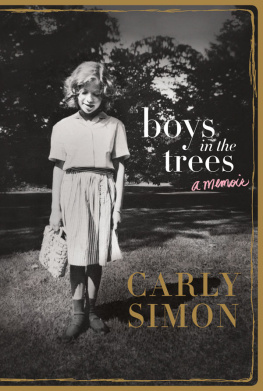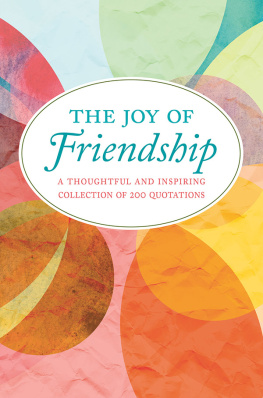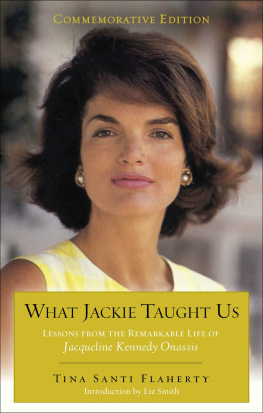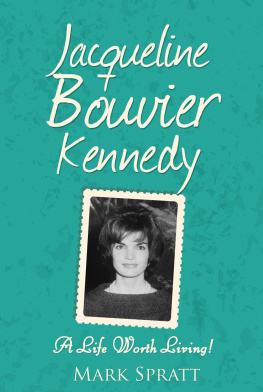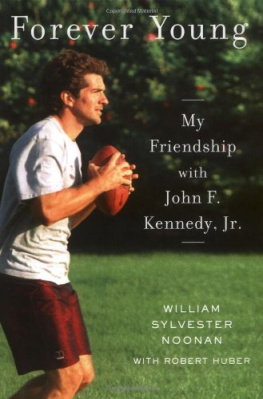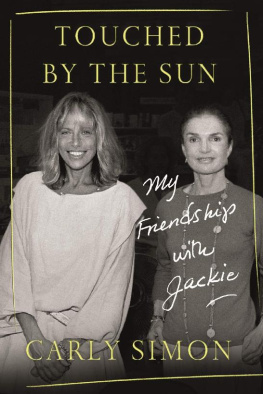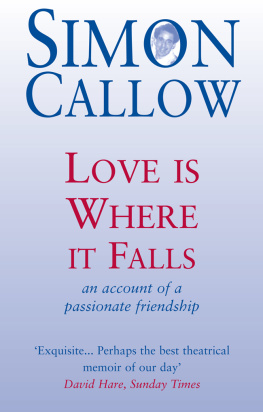The author and publisher have provided this e-book to you for your personal use only. You may not make this e-book publicly available in any way. Copyright infringement is against the law. If you believe the copy of this e-book you are reading infringes on the authors copyright, please notify the publisher at: us.macmillanusa.com/piracy.
One must still have chaos in oneself to be able to give birth to a dancing star.
Y OU CANT RECAPTURE people who are gonenot exactly, not entirely. You can imagine their faces, or their bodies, or their hands, but those images are like stills, or paintings in frames. The other times, when they crossed their arms, made sudden or tender gestures, flattened down the crease in their trousers, lowered their gaze, smoothed away a bangthose images of movement, of animationare gone. I dont know where. The past.
You can recall the silver in their voice, or that unusual word choice, or the extending of an emphasis like a damper pedal pressed on a syllable. Its harder to remember their voice when they asked a waiter for some lemon, or complimented your blouse, or noticed how late it was getting. Recapturing fluid images of people as they were in life, while they keep morphing and resisting you, is nearly impossible. But you can remember how they made you feel.
How, then, do you shape a somewhat reliable portrait of someone, anyone? Pin them down? Sweep up all the parts to gather and form a whole with all the details intact? You cant. There just arent enough words to pick out all those in-between moments: the voyage of someones eyes when the conversation shes having falters; her expression as shes deciding between the veal cutlet or the veal tortellini; the movement in her brow, a possible giveaway. Most languages have words that dont and cant translate, that have more refined, nuanced meanings, like the fifty-something Eskimo versions of the word snow. In-between moments are like that.
Writing about someone is like describing the changing sky. Catch those cirrus clouds as they form a chiffon scarf, before turning into a swan and, a few seconds later, a swarm of pale eels swimming in a cold blue stream. Some wintry skies have snow flurries like those in a movie I loved, while others I can liken to an afternoon wind lifting my grandmothers cheeks with gusty intention. Trying to bring accuracy to a written account of a person is this hard. Almost all you can hope to accomplish is to capture the essence of who they were to youwhat your experience of them was.
How do you write about a close friend? And what if that close friend was a well-known someone like Jacqueline Kennedy Onassis? She, who was such a prominent person that she will be remembered forever, whatever forever turns out to be. Each time I saw her anew, I realized again this was Jackie. No matter how she succeeded in making me feel an equal, she was still Jackie. I tried to overcome this feeling, but could never really shed it. It had grown up around me as a child and seeped into my unconscious that her aura was not, and never would be, like anyone elses.
Im not sure Ill ever think of her as in the past. And my knowing Jackie in the way that I did is almost embarrassing because in my description of her, I will never be able to do her justice. Did I know enough of those wonderful little details that round out a person? Did she ever study a Michelin Guide, or glance down at a map while she was driving? In how many languages had she learned to say, I hope you liked my husbands speechwe are so appreciative of your hospitality? And in how many languages did she know how to say a polite version of Get me the hell out of here?
Any effort to put together some memories risks ridicule or denouncement. What does she know? Why did Jackie spend so much time with her? There might also be resentment. And resentment is a tricky business. Some people may just not like it that I knew Jackie. Or that I may have known a different Jackie than her other friends. Did she reveal more of herself to them? Did she tell someone else that she liked French mustard, or that she preferred the imported Italian kind with horseradish? Did she talk about love?
In Jackies descriptions to me of a trip shed taken, what percentage of my recollections include a memory so subjective that its intended meaning, through the passing of time, has been lost? Except maybe a reveal in her facial expression, or an inadvertent tic of her wristgestures I might possibly have attached to another conversation on another day that she and I would have one or two or five years later.
Other questions I wonder about, little things I would have loved the answers to: About how many people that Jackie or I mentioned in a conversation did she have memories or knowledge of that she kept to herself? How did she feel when she was about to jump her horse over a high fence? Did she prefer the mezzo-soprano voice to that of the coloratura? Did she ever look in the mirror and worry she was going to have to pay attention to yet another slope, once a sweet dimple, now possibly a crease? How many minutes a day did she spend putting on creams and lotions? Did the moon affect her spirits? Did she believe it did?
As much time as Jackie and I spent together in the ten years I knew her, I forgot to ask her what her favorite flower was. Or maybe I did, but have forgotten the answer, though I could always look it up. But the answer I find might be wrong, or the flower her favorite only if it was a velvety light coral. With someone that well-known, your brain cannot help but sift through other peoples images and words. When I met Jackie, many of our interactions were influenced by the medianewsreels, newspaper articles, bookshistory. Over time, the Jackie I knew came to bear only a partial resemblance to the impression Id had before.
The best I can do is to tell you what I remember. To show enough of her. To write down the parts that left a lasting impression. Some interchange, some anecdote recorded in my diary soon enough after it happened that I could separate it from the chorus of crickets that fill my head when I think about her. I can tell you some things about Jackie that changed me. That comforted me. That made me laugh or cry. I can tell you about the moments in our relationship that reminded me so much of my relationship with my mother that in time I began to see Jackie, and our friendship, through a new lens. But in the end, my portrait will still be only a fraction, a trace, a quarter tone, another ounce of blue added to the rose quartz. A painters palette gone off its rocker from trying too hard.
How do you make the sky truly moonlit?
Of course New York in those days
Was carriage rides and matinees
He took her to a ball
At the Waldorf Astoria
He would fall for her
Fall for her, he would fall
HELLO BIG MAN
B Y THE LATE 1980S, the Upper West Side of Manhattan had lost some crucial part of its innocence. The remainders of its old-world heritage had grown to accommodate a newer kind of tenant. That isnt to say its charm was lostnot completely. But in the past decade, many of the things Id loved most about the once run-down blocks just west of Central Parkantique stores, barbershops, family-owned delicatessenshad been replaced by less bohemian, toniermind you, quite lovelyricher peoples gathering spots: the Mexican restaurant Santa Fe, Caf Columbus, Caf Luxembourg, Caf La Fortuna and Caf des Artistes, where I was headed one slushy, wind-pummeled early afternoon in March.


